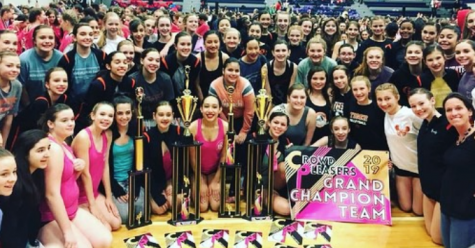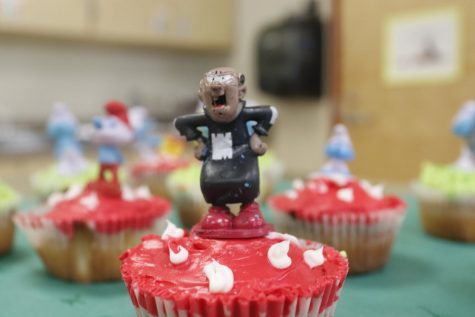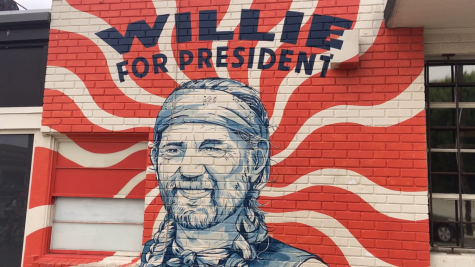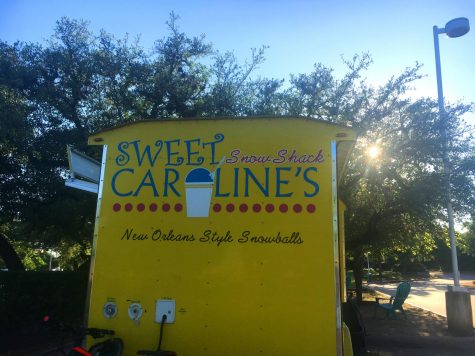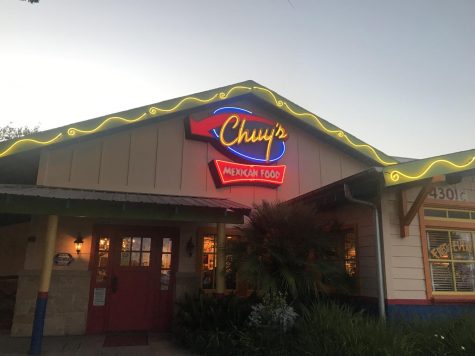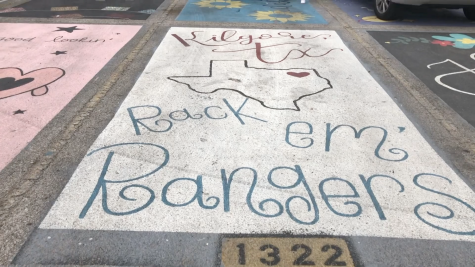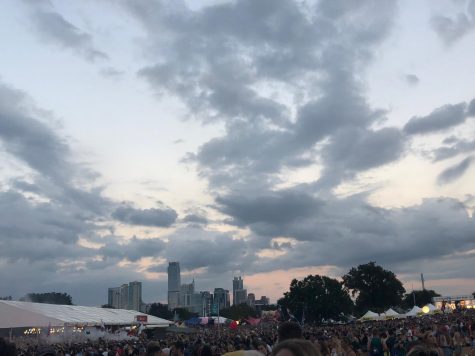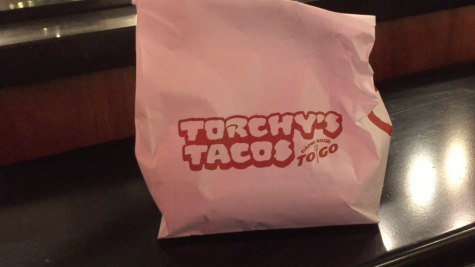Conspiracy Theories Are Out of This World
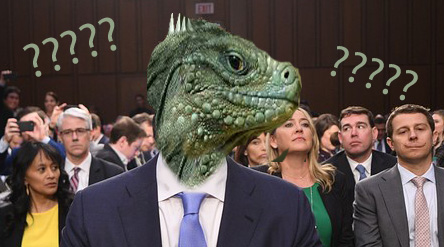
April 27, 2018
Conspiracy theories are beliefs based on limited information about what is really happening. The theories sometimes could be biased and rationalized. The theories evoke all different explanations and opinions that could controversial. The theories on based three principles, nothing happens by accident, nothing is as it seems, and everything is connected. Eighth grader Judy Bagh explains what she knows about conspiracy theories.
“I know that conspiracy theories are theories people have on mysterious or serious things that are most of the time, not true”, Bagh said.
Conspiracy theories are well prepared they can sound believable regardless of how prejudice it may be. Eighth grader Isabella May explains what conspiracy theories she believes in.
“I believe in the conspiracy theories about realistic things like stores, and how they use certain things,” May said. “One of them is the in the Mattress Firm and how they put there stores close together for profit.”
Although most conspiracy theories are believable, there is some theories that could be fabricated and could be biased. Seventh grader Jake Stachura explains what conspiracy he thinks is ahoax.
“I think the Flat-Earth conspiracy theory is hoax, because who would believe the world is flat,” Stachura said. “Like if you think about scientifically, it’s impossible because gravity pulls things into spherical shapes to eventually distribute it and also, if the Earth was flat we would have all day. Imagine the sun shining all its light on a flat surface. Then there is also the moon landing, which wasn’t fake because we have placed things on the moon.”
Conspiracy theories are widely popular because they give a new perspective on reality. Conspiracy theorists like Alex Jones and Shane Dawson are well known on YouTube and make the theories popular. Eighth grader Kaitlin Zapata explains where she hears her conspiracy theories.
“I hear my conspiracy theories from YouTube or the internet, one YouTuber I watch is Shane Dawson or I get them from other people who have watched those videos,” Zapata said.
Since conspiracy theories have principles, one of them being is that everything is connected. Eighth grader Jacob Thornton explains one of his own conspiracy theories.
“One of my conspiracy theory that schools are all jails because the food is horrible, the design is like a jail, we have no rights, and we aren’t allowed to leave,” Thornton said.
Researchers found that reasons for believing in conspiracy theories can be grouped into three categories: The desire for understanding and certainty, for control and security, and to maintain a positive self-image. Eighth grader Ella Maedgen explains why she believes in the theories.
“I don’t believe in all conspiracies but if I do it’s because they have evidence that makes sense,”Maedgen said. I find a reason to believe them and they’re pretty scary which makes them seem real.”

